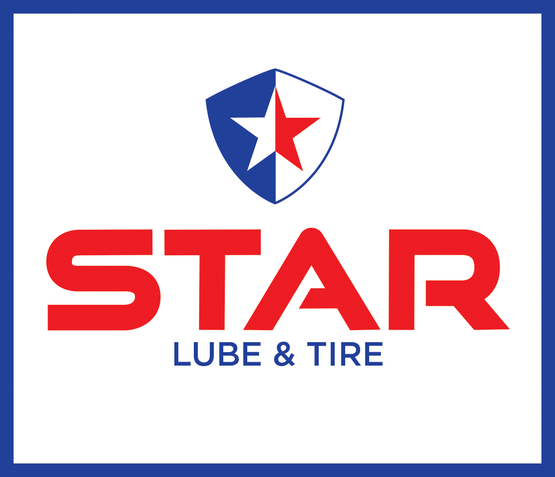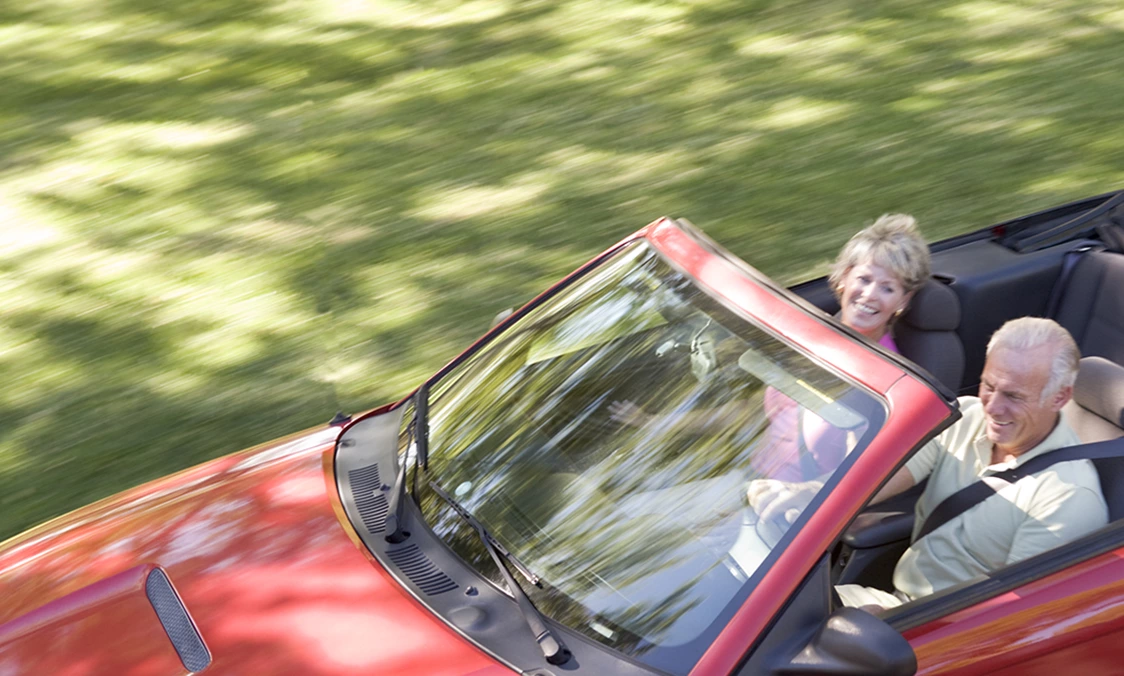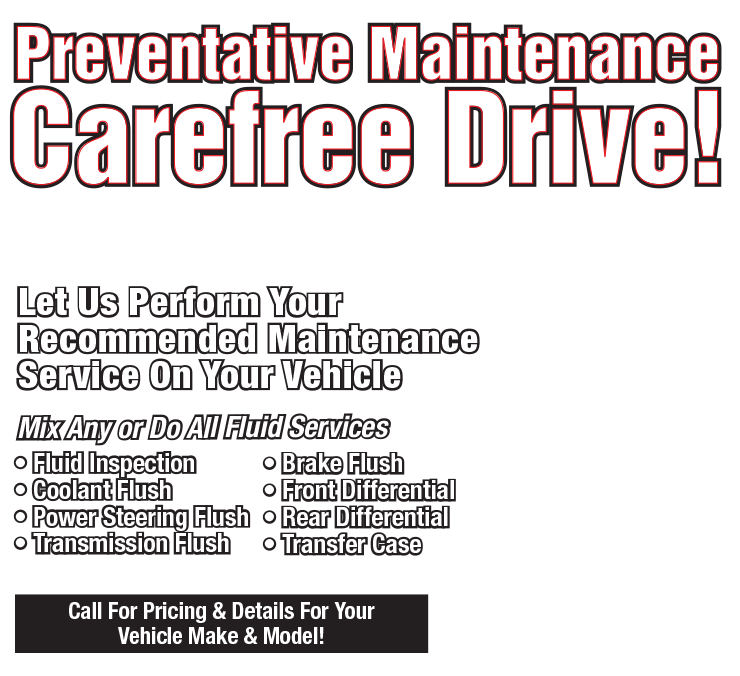Fuel Injectors
September 4, 2022
The last new American vehicles sold in Branson with a carburetor rolled out of the MO dealerships in 1990. Since then, all new vehicles here in Branson, and nationally, have had fuel injectors. In very simple terms, a fuel injector is a valve that squirts fuel into your engine. Your engine control computer tells the fuel injector how much gas to deliver as well as the precise time it should be delivered. Of course this happens thousands of times a minute. Fuel injectors deliver fuel far more precisely than carburetors. That translates into better fuel economy and more power for Branson drivers. Virtually all fuel injectors for gas engines are known as port fuel injectors because they deliver the fuel to a port just outside the cylinder. Port fuel injectors operate at about 40 to 80 pounds per square inch of pressure.
A few vehicle manufacturers have introduced gas direct injection systems on some engines recently. These systems inject the gas directly into the cylinders under very high pressure - hundreds of times the pressure of port injection systems. Although more complicated, direct injection technology promises greater power with improved fuel economy, so MO drivers can expect to see more of it in the future.
As Branson residents can see, the level of precision required of fuel injectors is very high. It's important that they operate properly in order for your vehicle to run right.
High temperatures under your hood and variations in Branson gas quality cause fuel injectors to become fouled with wax, dirt and carbon. Injectors can become partially clogged, preventing them from delivering the proper amount of fuel at the correct pressure. The design of each engine requires a specific spray pattern from the fuel injector that might be altered when the injector is dirty. When injectors are dirty, the fuel doesn't burn as efficiently, resulting in poor fuel economy and loss of power. So it is important to keep your vehicle fuel injectors clean.
Skilled service technicians at Star Lube Branson in Branson can perform a fuel system service for you. That is a fuel system service - not just fuel injector cleaning. That is because the fuel has a lot of ways to become dirty or contaminated between the Branson gas pump and your fuel injectors. A fuel system service at Star Lube Branson starts with a fuel filter replacement. This filter cleans the gas as it leaves the tank. The various parts of the fuel intake system need to be cleaned from time to time to remove harmful gum deposits and varnish. Finally, the fuel injectors are cleaned so that they operate properly for you and deliver the right amount of fuel at the right time.
Our pros at Star Lube Branson use a process for cleaning your vehicle fuel system that includes state-of-the-art cleaning chemicals as well as some old fashioned scrubbing. Proper maintenance of your fuel system means that you will enjoy strong performance and prevent repairs down the road.
Star Lube Branson
598 State Hwy 165
Branson, MO 65616
417-239-2886
https://www.starlubebranson.com
Need Service?
More articles from Star Lube & Tire of Branson

Differential Essential (Differential Fluid Exchange)
April 20, 2025
What's the dif? To an automotive technician, it's the differential, a part of your vehicle that helps direct power from the engine to the wheels. The differential is a gearbox that enables the drive wheels to turn at different speeds (they do that when you turn). Inside the differential is a f... More

Flat Tire? Three?s the Charm (Tire Repair)
April 13, 2025
For most drivers, at some point youre going to have a flat tire. Depending on how it was damaged, it may have to be replaced. But sometimes, a repair will do the trick, as long as the puncture isnt on the sidewall and the hole is smaller than inch/6.35mm in diameter. Here are the three common w... More

Don't Do It Yourself (Perils of DIY Vehicle Repair)
April 6, 2025
Your vehicle is a complicated machine, and yes, it would be nice if you could take care of all of its problems yourself. There was a time when vehicles were simpler and it wasn't too hard for a weekend mechanic to replace brakes, adjust a carburetor or perform a tune-up. But vehicles are far mo... More








